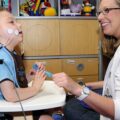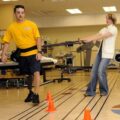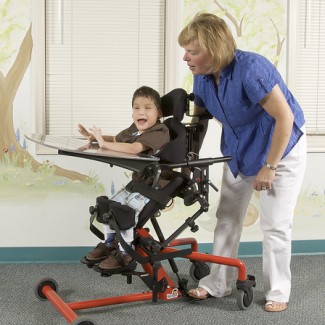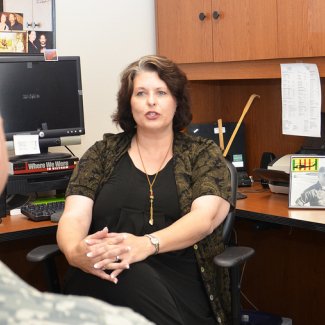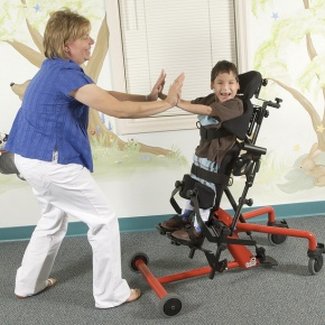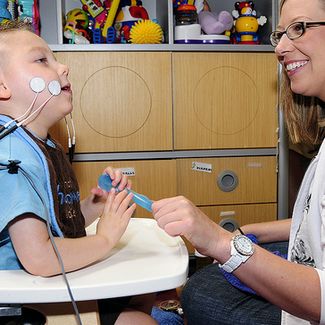
Also commonly referred to as speech therapists, speech pathologists are responsible for utilizing their medical expertise in evaluating, diagnosing, treating, and preventing the occurrence of all communication disorders.
Daily Duties for Speech Pathologists:
- Communicating with patients to assess their level of speech or language difficulty
- Determining the extent of communication problems through standardized testing of basic reading or speaking tasks
- Identifying the right course of treatment and creating an individualized plan
- Educating patients on how to make certain sounds to improve their speech
- Teaching patients with little or no speech ability how to use sign language, assistive technology, or other alternative communication methods
- Assisting patients to develop and strengthen the muscles used to speak
- Counseling patients and their families on how to cope with speech or language problems
Speech Pathologist Job Description
What do speech pathologists do? Almost half of all speech pathologists employed in the United States work with students in public or private elementary, middle, and high schools. However, speech pathologists can also find employment in state or private hospitals, day rehabilitation clinics, physicians’ offices, nursing homes, audiologists’ offices, residential treatment centers, and their own private practices.
Most speech pathologists are employed on full-time schedules during normal business hours, but around one-quarter work part-time. While those on a contract basis have the most flexibility, they may have to spend extensive time traveling between facilities. During their workday, it is common for speech pathologists to work closely with physicians, social workers, psychologists, teachers, other healthcare workers, and patients’ families to carry out individual treatment plans.
Skills Needed to Be a Speech Pathologist
Along with licensure and certification, speech pathologists are typically required to have at least a master’s degree from an accredited program focused on speech-language pathology or communication disorders. Due to their daily duties, it is essential that speech pathologists have extensive background knowledge in age-specific speech disorders, alternative communication methods, linguistics, phonetics, anatomy, human development, semantics, and physiology.
In order to be successful as a speech pathologist, individuals must possess strong communication skills for explaining test results and proposed treatment plans, critical thinking skills for finding alternative solutions, and listening skills to understand patients’ concerns. Furthermore, speech pathologists must be compassionate, patient, and supportive to work daily with people who are frustrated by their speech or language difficulties.
